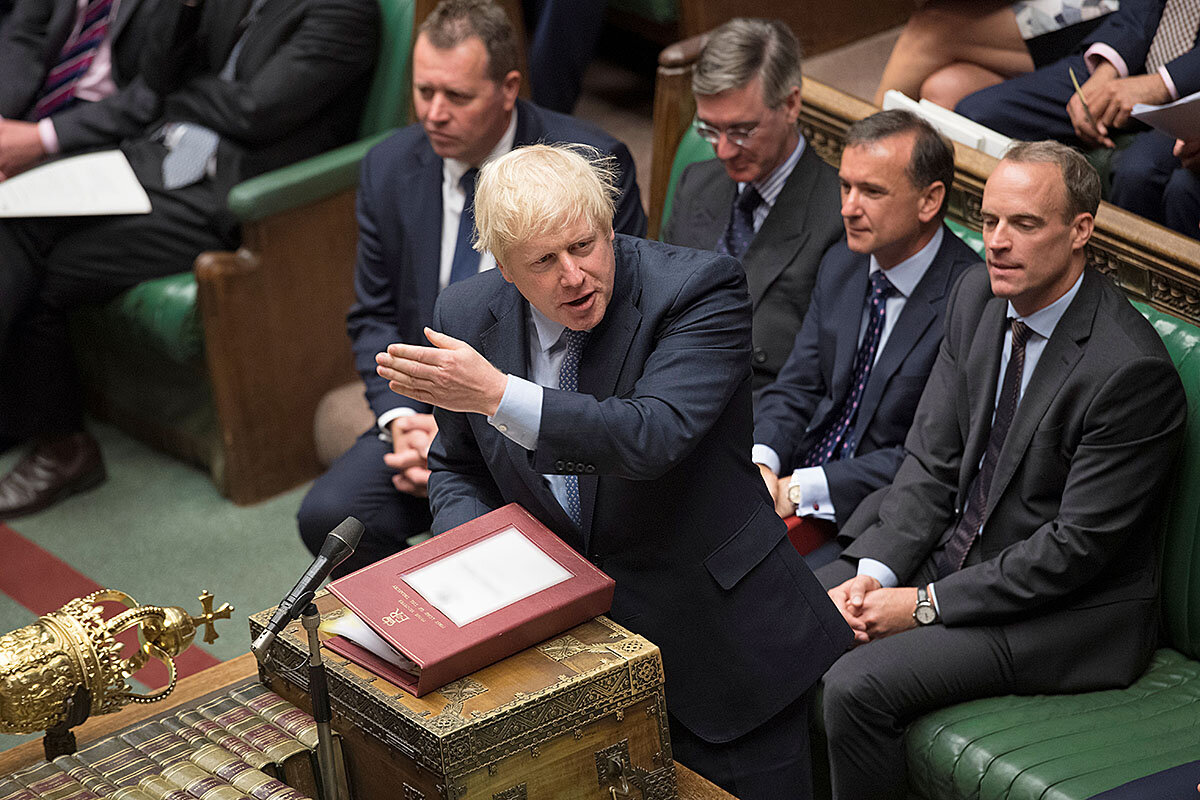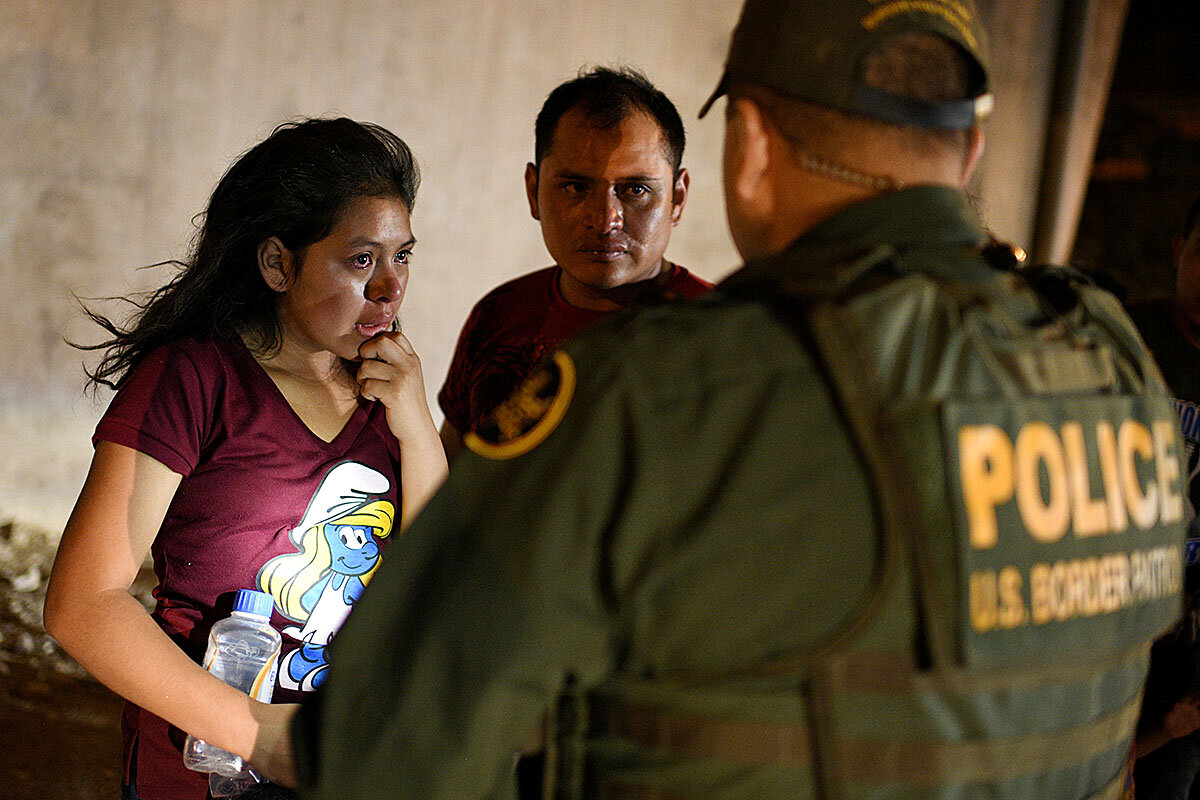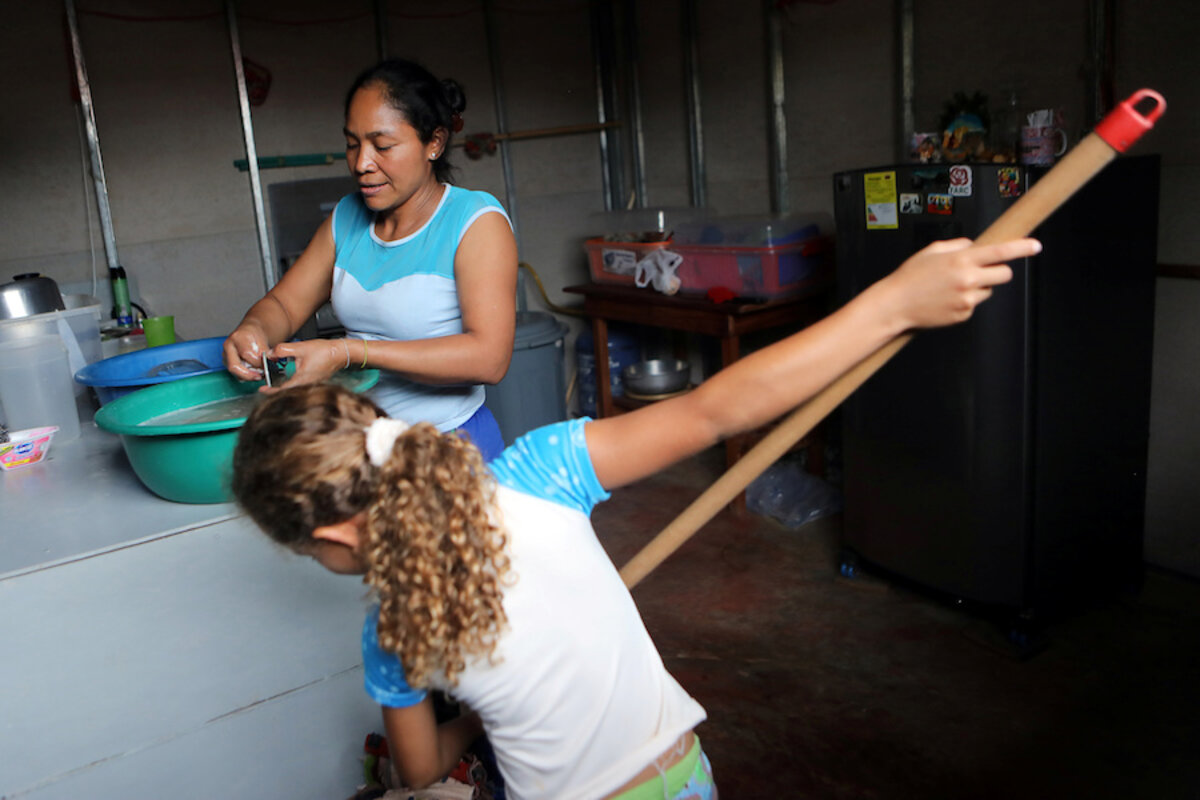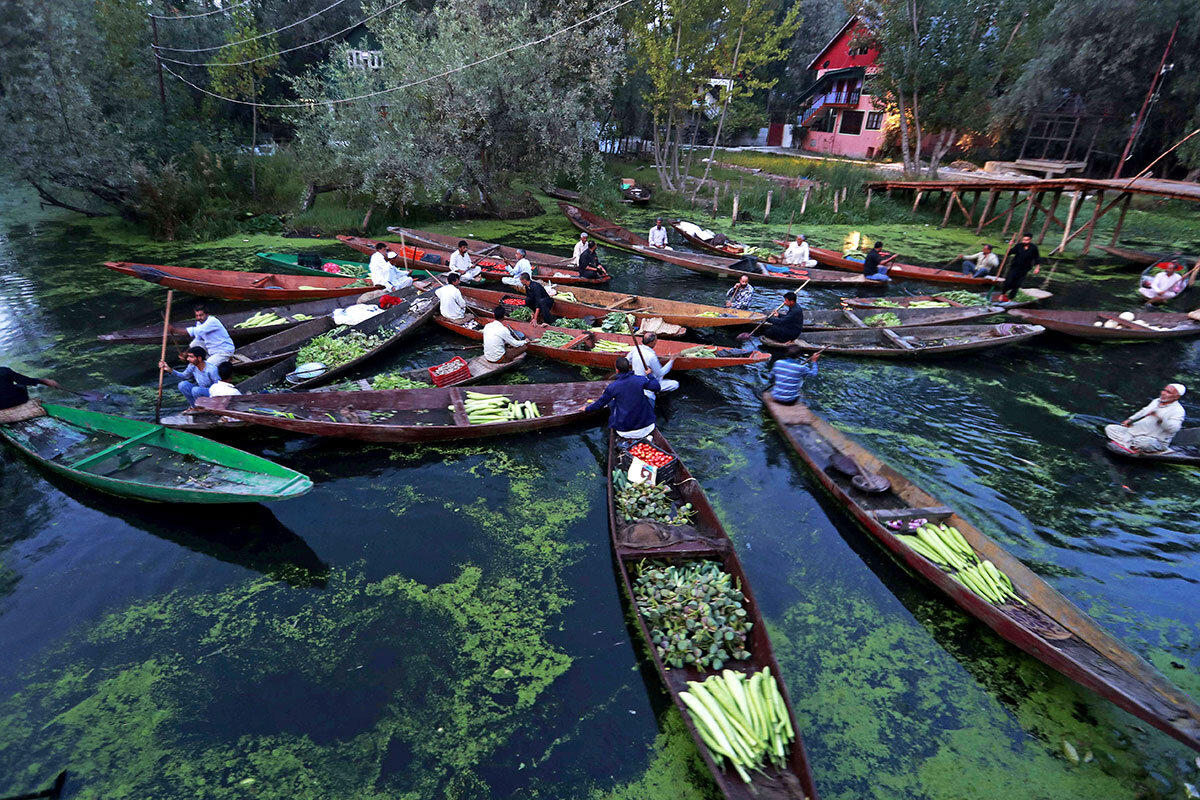Democratic governments have survived not just because of their rulebooks, but because of their understood code of behavior. Now, that code is being challenged.
Monitor Daily Podcast
- Follow us:
- Apple Podcasts
- Spotify
- RSS Feed
- Download
 Mark Sappenfield
Mark Sappenfield
Today, our five handpicked stories look at how a country maintains order without a rulebook, whether Canada can fill a void for asylum-seekers, the fuel driving prejudice against foreigners in South Africa, the increasing independence of older adults, and two views of social justice and the National Football League.
But first, a look at how we can see one forgotten refugee crisis differently.
The one country that has taken in more than a million Rohingya refugees seems about to lose its patience.
The Rohingya are an Islamic minority group in Myanmar that the government wants to expel or strip of their individual liberties. This is “textbook” ethnic cleansing, say United Nations officials.
Since 2017, neighboring Bangladesh has provided safety for the vast majority of refugees. But the country struggles to care for its own citizens. It says it needs help. With little coming, Bangladesh feels out of options.
So it has banned mobile phone use in camps, essentially severing contact with the outside world. It also plans to move 100,000 refugees to an island vulnerable to cyclones. The actions, some worry, not only are inhumane but could also radicalize some refugees.
The tendency in difficult situations can be to gravitate to seemingly easier extremes. We see this in the United States, where the border debate often lurches between talk of open borders and a wall. Now international inaction is driving Bangladesh toward extremes. This despite the fact that surveys show most Americans want solutions in the middle.
It’s a reminder of the need for Bangladesh and the world to insist that there is some practical space between doing nothing and punishing the victims.










